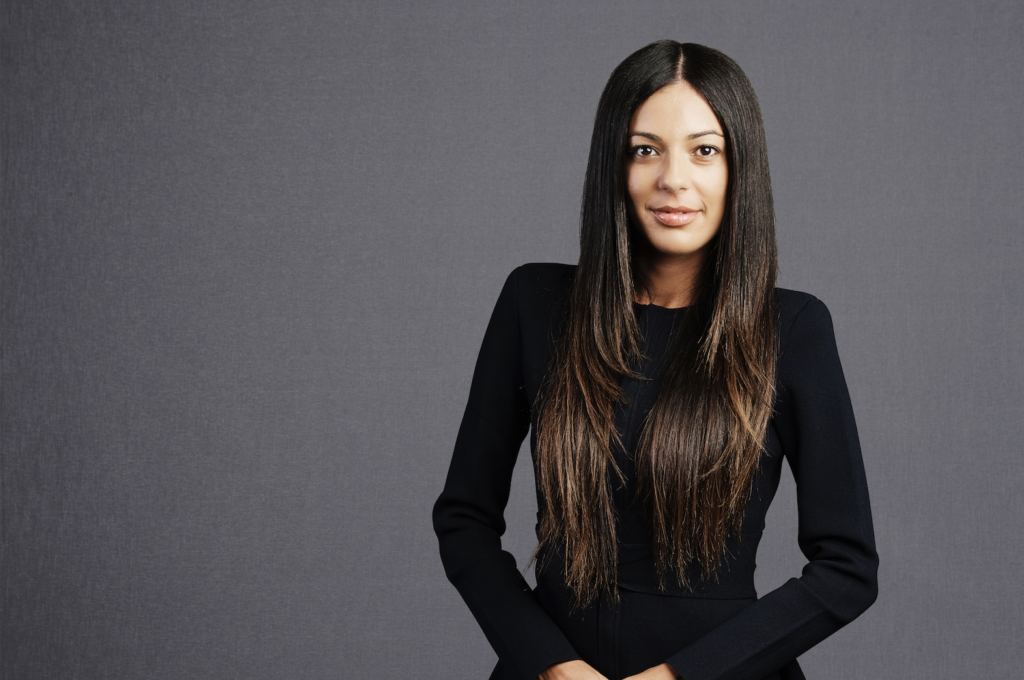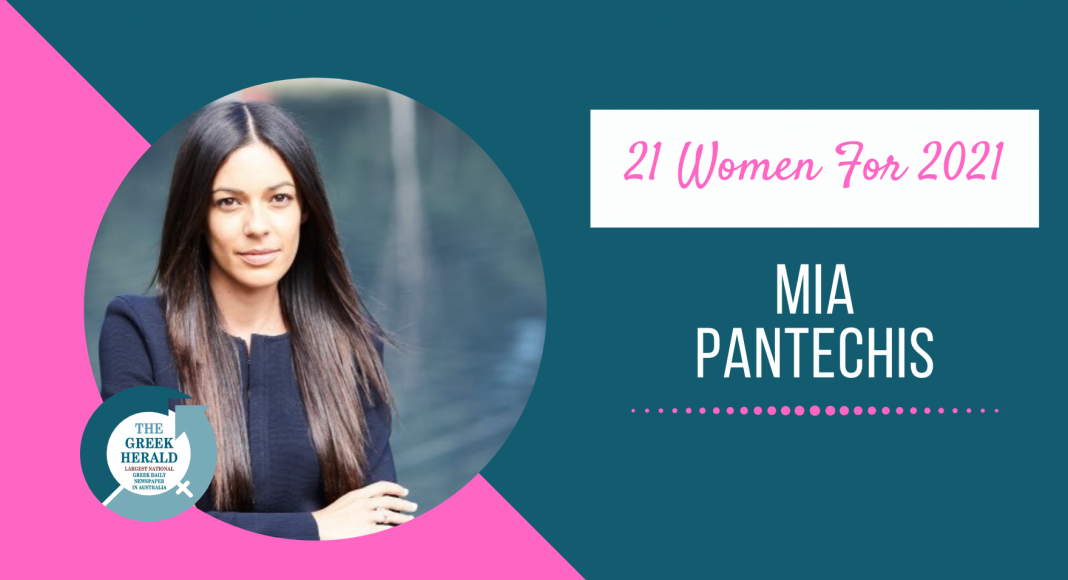It was late last year when Greek Australian employment lawyer, Mia Pantechis, won the Senior Associate of the Year Award at the Lawyers Weekly Women in Law awards and was promoted to partner in the law firm she works with.
“It’s been a whirlwind,” she tells The Greek Herald.
A whirlwind of changes, towards not only creating fairer workplaces for the country’s more than one million migrant and vulnerable workers, who have been impacted heavily by the pandemic, but also towards achieving gender balance in the legal profession.
“It’s been a difficult year in many respects given the challenges and disruption caused by COVID but I am really proud to have achieved these wins and the promotion,” says Ms Pantechis, as she reveals what sparked her interest in law.
“I developed an interest for studying law from a young age. I was brought up in a family with social justice values and I wanted to pursue a career which enabled me to put that into practice.
“Making Australian workplaces fairer and safer for all, is truly a rewarding and valuable work.”
Diversity as a tool for success
In Australia, many law firms are ramping up efforts to bring their workplace into the 21st century by rolling out diversity and inclusion initiatives targeted not just at women, but also people of colour, Indigenous Australians, and LGBTQI+ people.
Hailing from Igoumenitsa from her father’s side and Athens and Astypalaia from her mother’s, Pantechis says she owes her strong work ethic to the values she inherited from her family.

“I spent a lot of time with my grandparents and I was brought up speaking Greek, I studied Greek throughout primary and high school and I went on to study Greek at University in my first two years. My heritage is a very big part of me and the values I have and bring into my work.
“Diversity gives you a different perspective and an ability to relate to a wider audience in the community,” Ms Pantechis says.
What about gender balance in the legal profession?
Recent statistics show that for the first time in Australia, women in the legal profession outnumber men in all states and territories, except Western Australia where the gender split is 50-50.
But this is also a worrying time for Australia’s legal sector, with a recent survey by the International Bar Association showing that the country has one of the highest rates of bullying and harassment amongst law professionals in the world.
“Progress has been made but there is still a need for gender diversity initiatives in the profession. There is an underrepresentation of women in leadership positions within firms and amongst barristers at the bar as well.
“Gender inequality and power imbalances are a systemic driver of harassment in workplaces including the legal profession,” says Ms Pantechis as she suggests that recognising the issue is the first step to solving the problem.
“It’s really about recognizing the issue, putting it at the forefront and then getting into that analysis of what are the key issues that are limiting equal participation.”
According to Pantechis, the community has a big role to play in ensuring a fair and inclusive future.
“As a community we need to get behind reforms that tackle the issues plaguing Australian workplaces. We need to have a voice when it comes to driving change,” she concludes.

